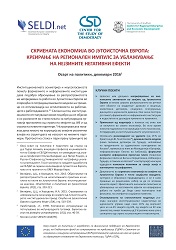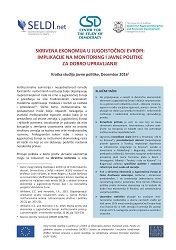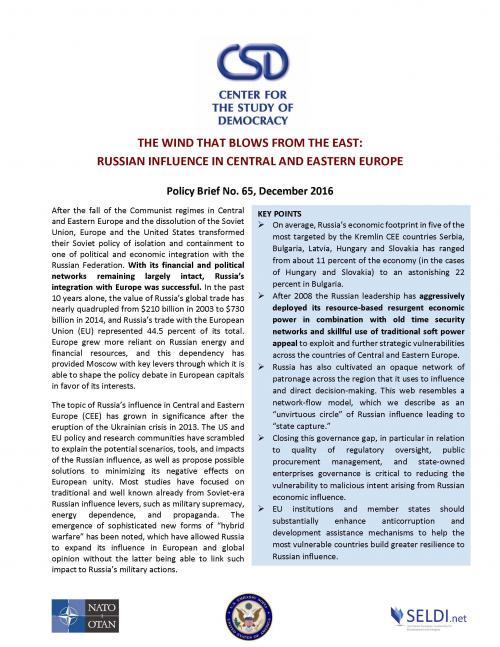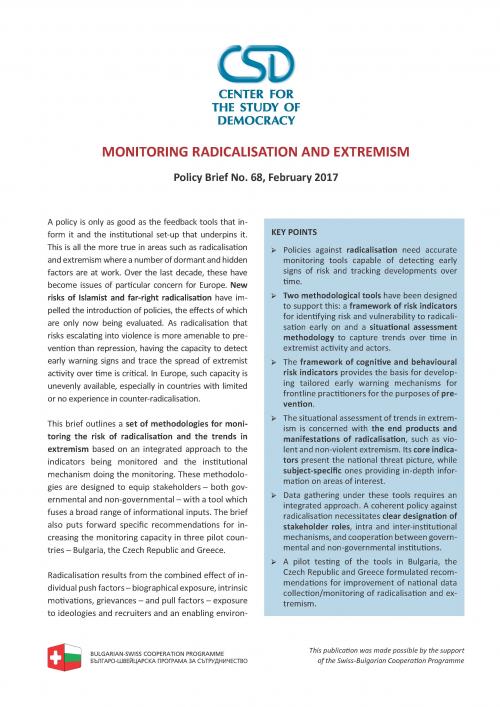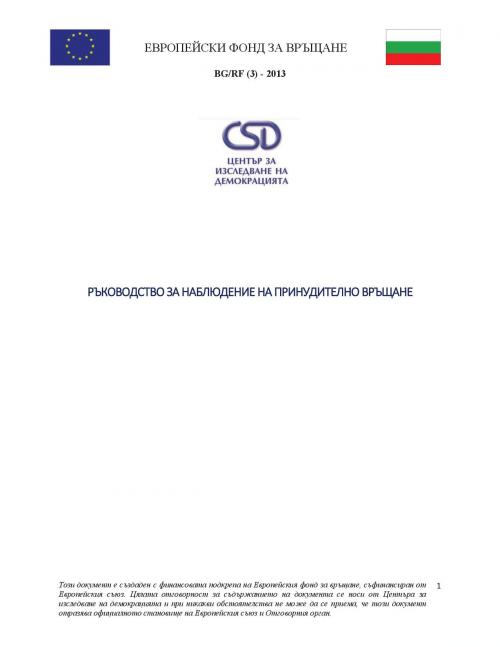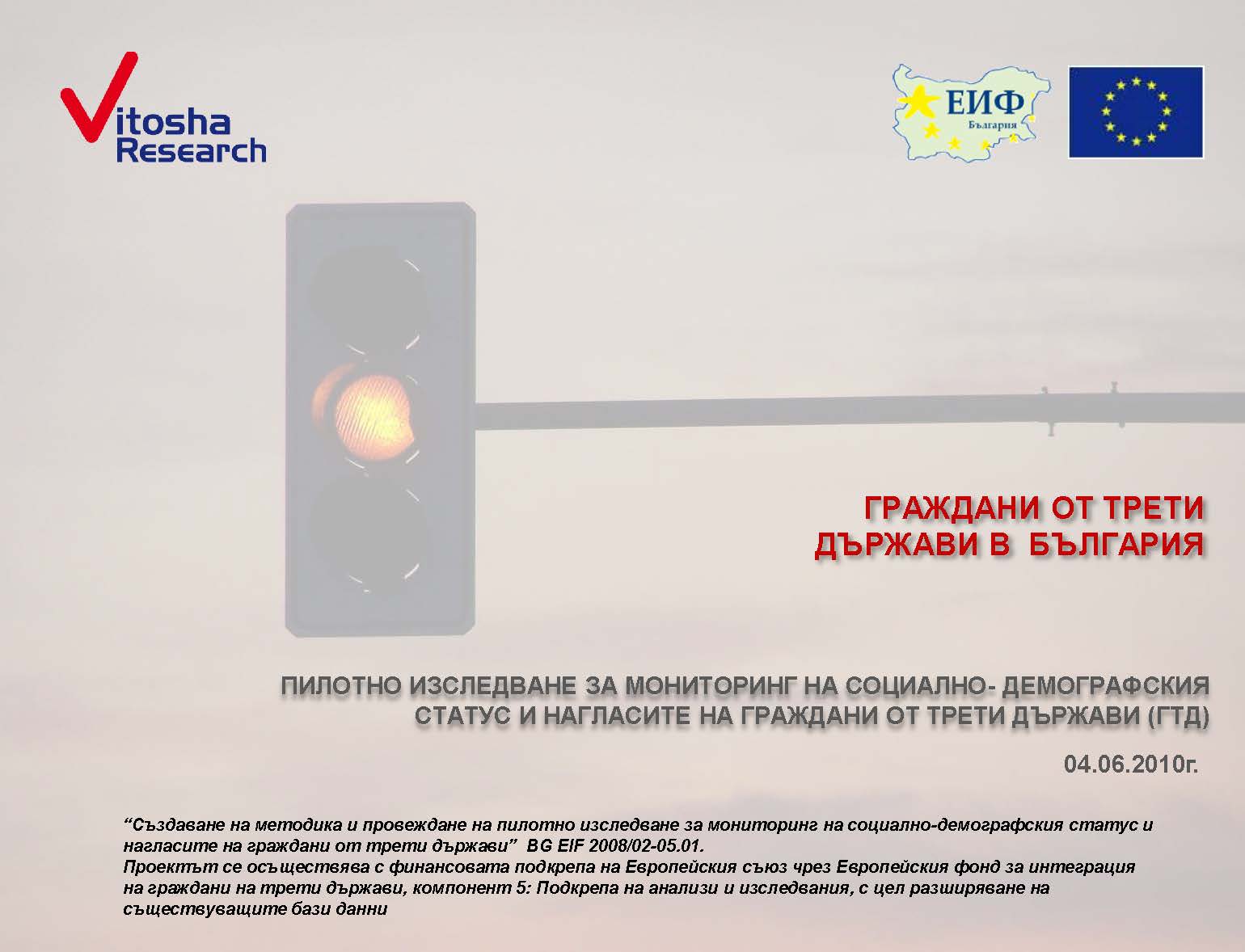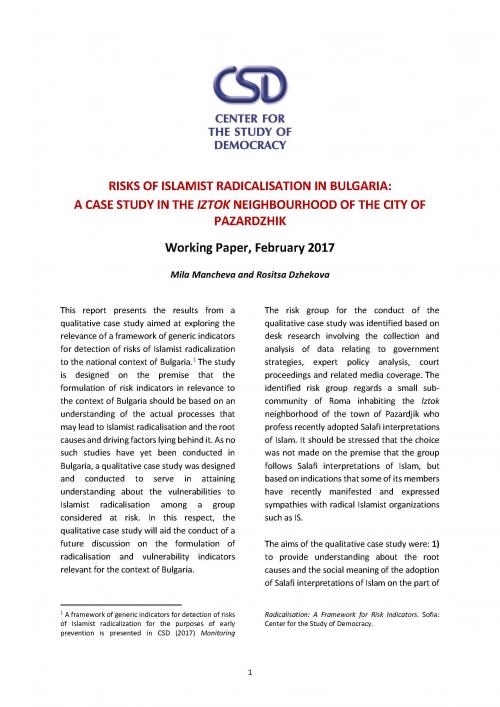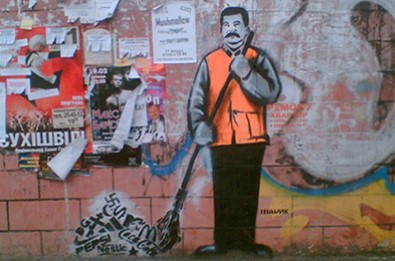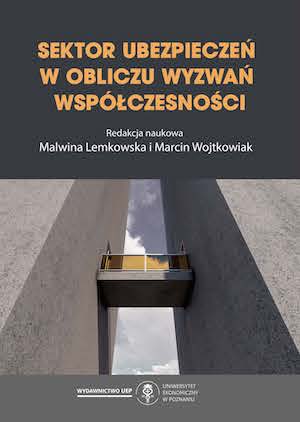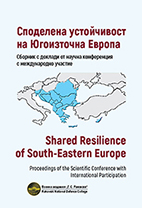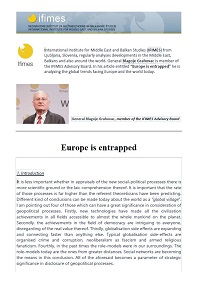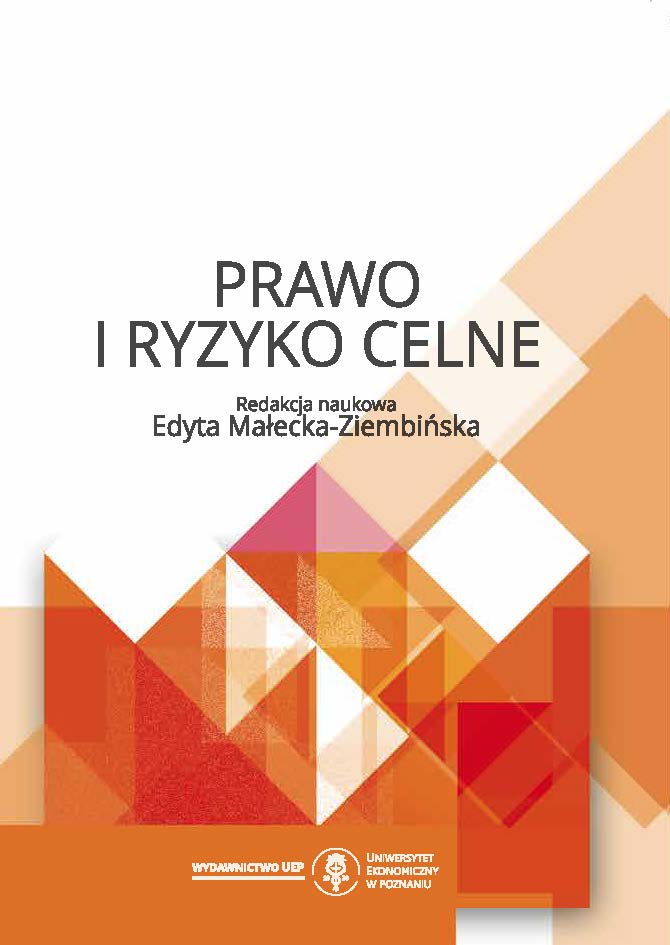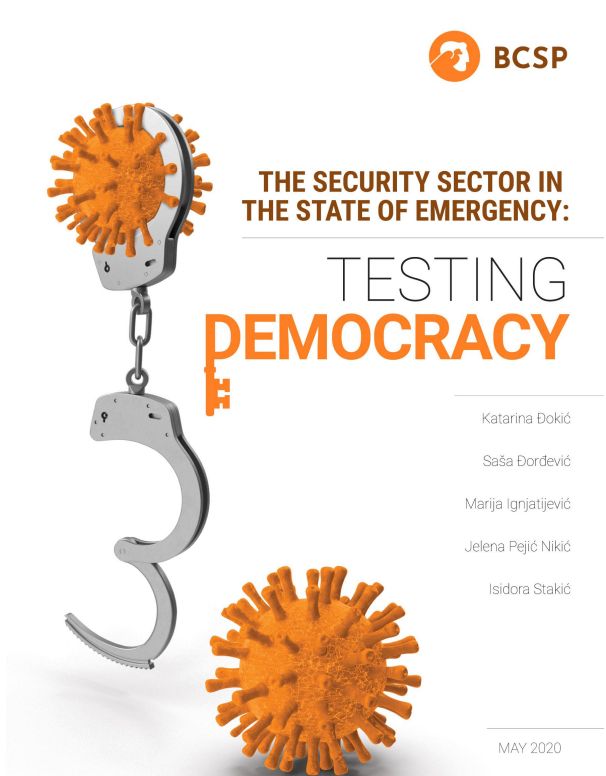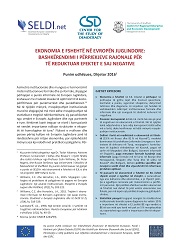
EKONOMIA E FSHEHTË NË EVROPËN JUGLINDORE: BASHKËRENDIMI I PËRPJEKJEVE RAJONALE PËR TË REDUKTUAR EFEKTET E SAJ NEGATIVE
According to the authors of the policy brief, not declaring in full or partially economic activities in SEE remains widespread in virtually all areas of government – permissions and licenses, labour contracts, social security, taxes and custom duties. It signals a persistent gap between formal and informal institutions and lack of coherent enforcement of rules. Corruption pressure is higher towards those engaged in the hidden economy. At the same time their susceptibility to corruption is also higher, confirming the institutional incongruence. The immense diversity of the scale (from 19 % in Croatia to 81 % in Kosovo), prevailing patterns (no written contracts in Turkey, non-payment of health care contributions in Kosovo, envelope wages in FYR of Macedonia and Bulgaria, non-formalised business in Albania), formal vs informal wage average (higher formal wages in Bosnia and Herzegovina, Albania and Turkey and lower in Kosovo and Bulgaria) requires country specific tailor-made policies and sequencing of reforms.
More...
